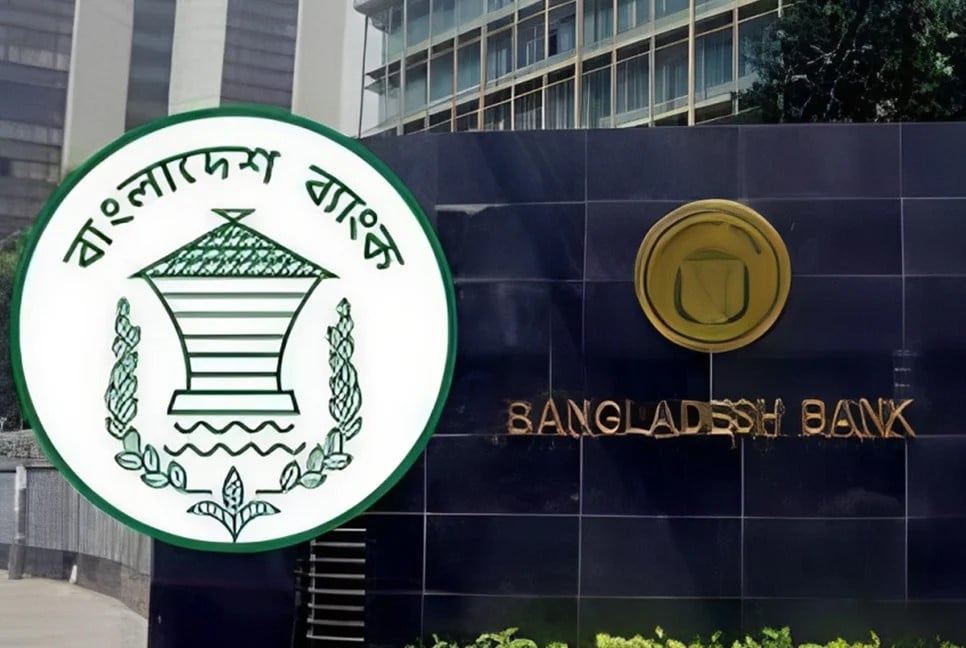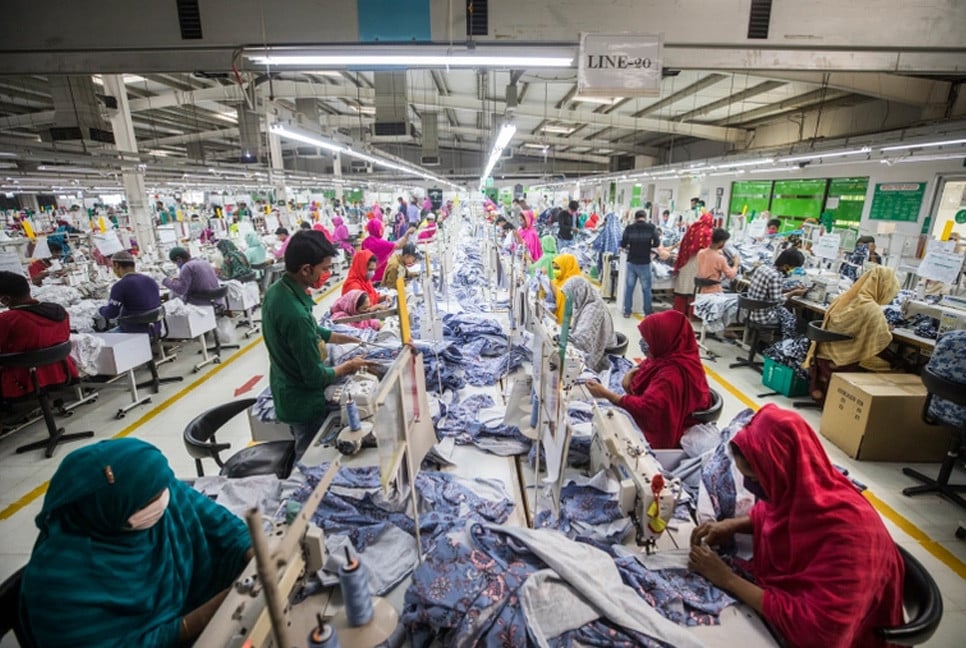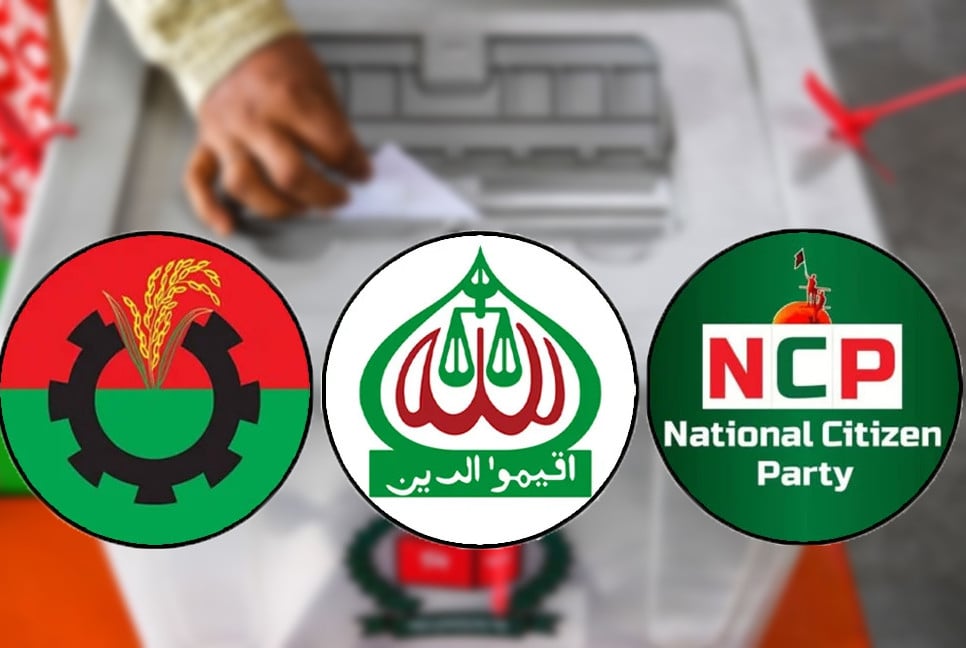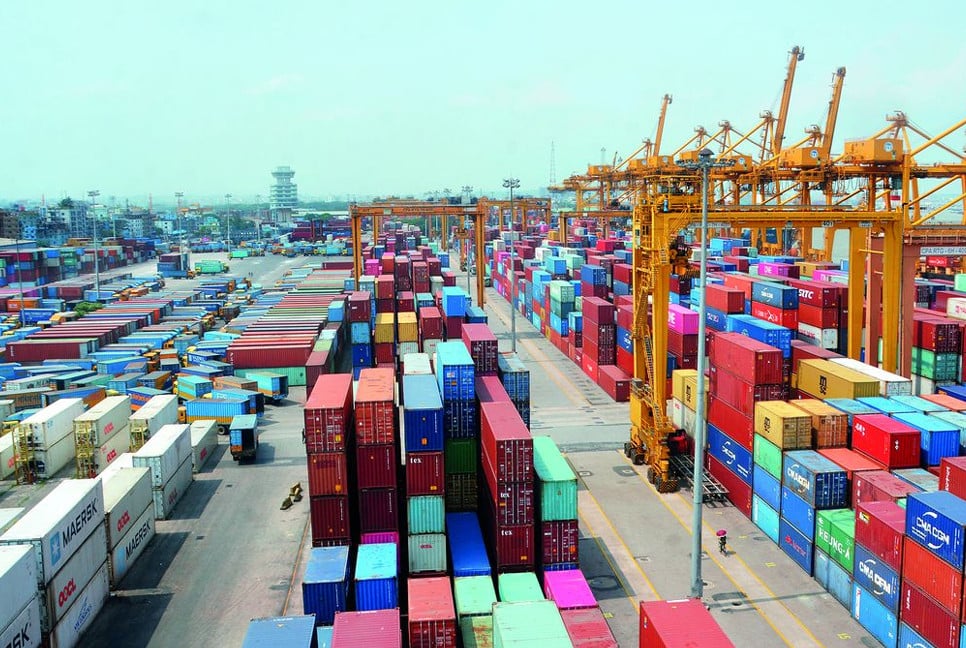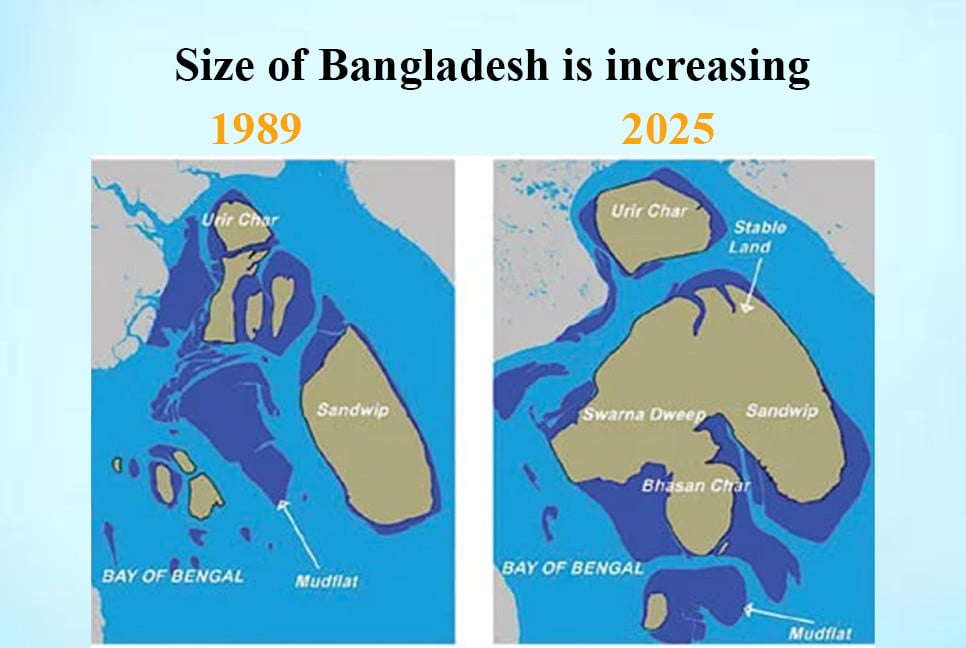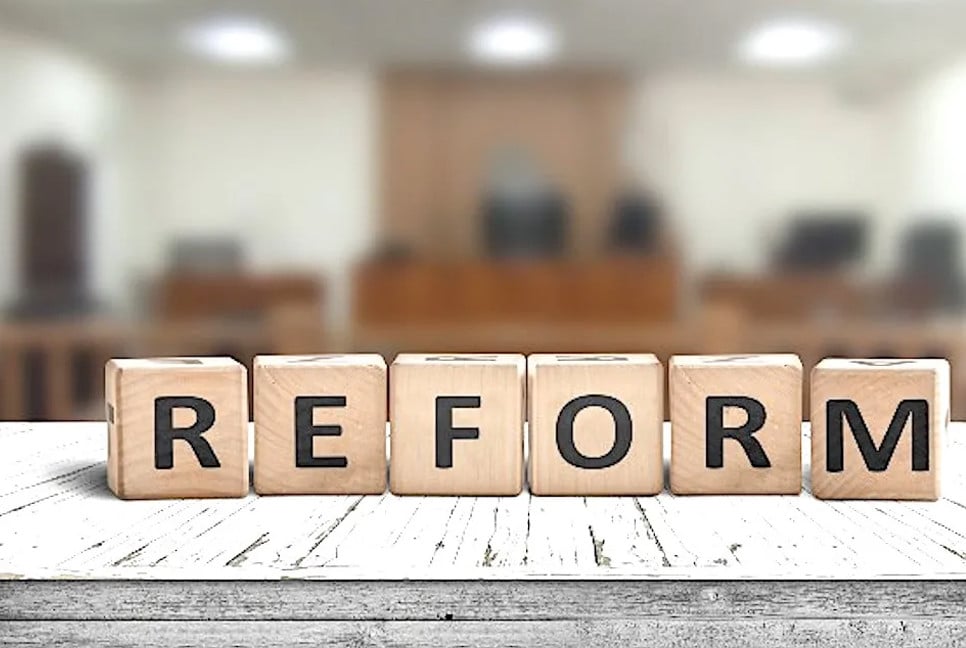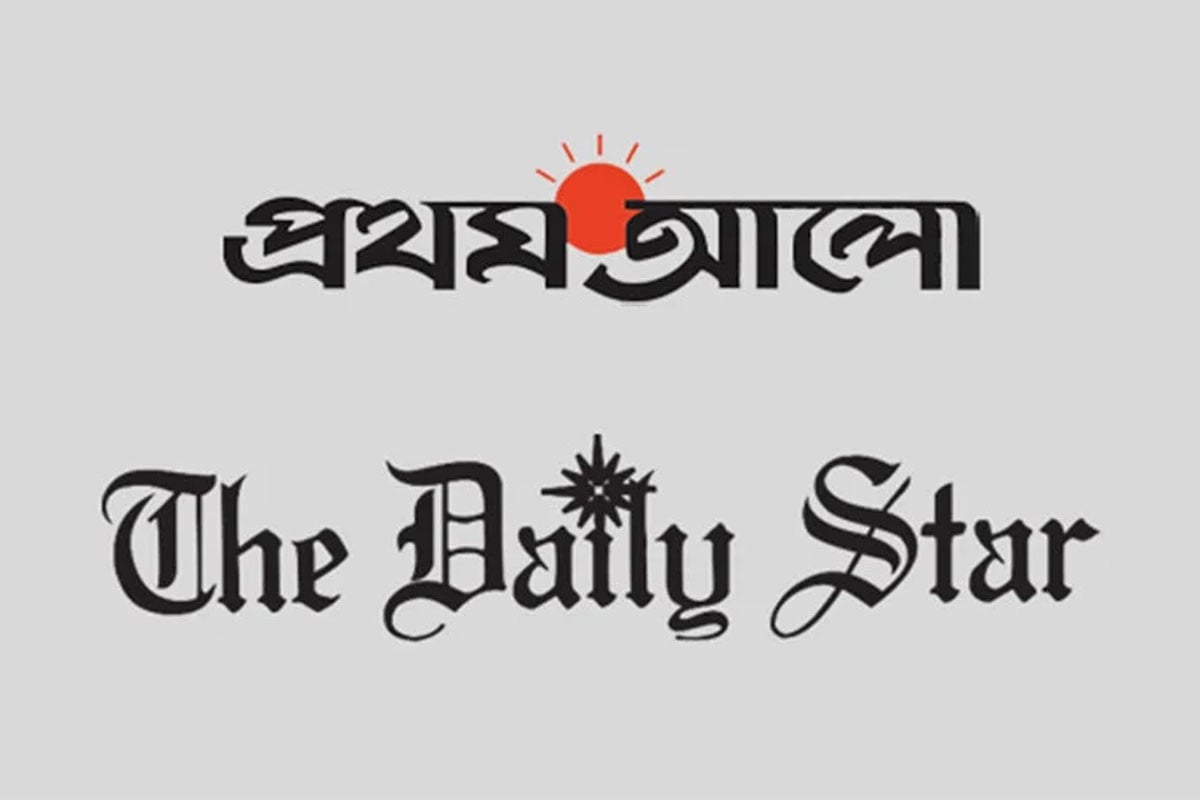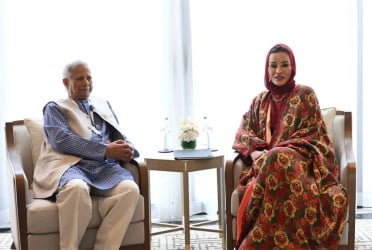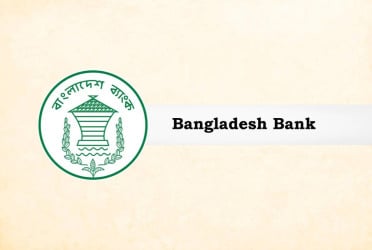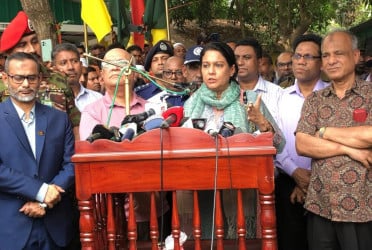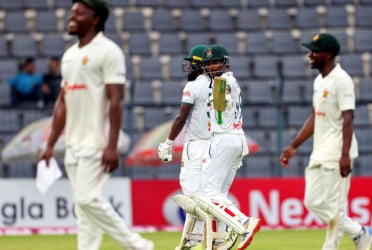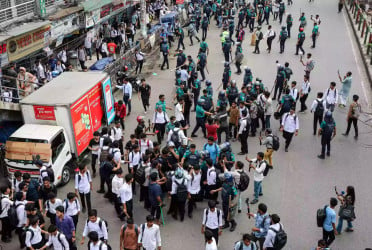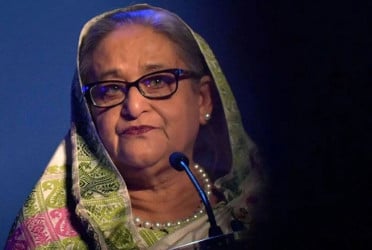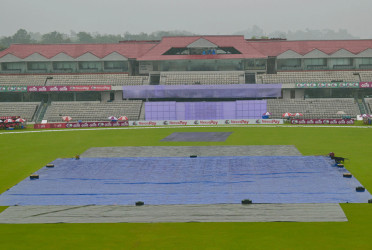The revised loan classification regulations have deepened concerns among entrepreneurs. Over the past six months, the private sector has seen no new investments, while instability continues to grip the financial sector. In this context, the International Monetary Fund’s (IMF) latest directives have triggered fresh anxieties within the business community.
This will disrupt investments and impact employment. Bankers have stated that maintaining additional provisioning for regular and non-performing loans will negatively affect bank profits. The planning advisor has also expressed concerns about a possible recession due to stagnation in investments.
According to the latest report by Bangladesh Bank, non-performing loans (NPL) reached Tk 2,84,977 crore at the end of September this year, accounting for approximately 17% of the total disbursed loans. During the July-September quarter, a total of Tk 16,82,000 crore in loans was disbursed. At the end of the April-June quarter, NPL stood at Tk 2,11,391 crore. By the end of September, NPL in state-owned banks increased by Tk 23,628 crore, while private banks saw an increase of Tk 49,885 crore.
To secure loans from the IMF, Bangladesh has met various conditions over time. As part of this process, Bangladesh Bank has revised its loan classification policy. According to the master circular issued by Bangladesh Bank on Wednesday, all types of loans will be considered overdue starting from the day following the repayment or settlement deadline.
For all loan types, the overdue classification will be as follows: overdue for 3 to 6 months will be classified as substandard, 6 to 12 months as doubtful, and over 12 months as bad or loss. In the case of standard loans, a general provision of 1% of the outstanding amount must be maintained, while for loans under the Special Mention Account category, 5% of the outstanding amount must be provisioned.
In the case of loans classified as substandard, 20% of the provision base must be maintained, while for doubtful loans, 50% of the provision base, and for loss loans, 100% of the provision base must be set aside.
In this regard, Shams Mahmud, former President of DCCI, told Bangladesh Pratidin that the new rule by the Bangladesh Bank on defaulted loans is an anti-private sector measure. He expressed concerns that it would hinder investment, affect employment, and ultimately impact the macroeconomic stability of the country. He further pointed out that many regulatory measures are being implemented as conditions for loans from the IMF. However, while such measures were often concealed in the past, the real economic challenges are now becoming evident. As a result, he believes the outcome of this decision will not be favorable in the long term.
BGMEA Director and the Managing Director of Shasha Denims said that the increase in NPLs is not due to the fault of the institutions themselves. rather that on one hand, the exchange rate of the dollar has risen, while on the other hand, both fuel prices and workers' wages have increased. The rise in fuel prices and wages occurred almost simultaneously. Furthermore, with two upcoming Eid festivals, the new policy on NPLs, set to take effect from April, could significantly impact the RMG sector. If this happens, it could disrupt the overall economic stability.
He expressed concerns that NPLs may increase further and that the timing of this decision is inappropriate. He suggested, the government should reconsider the decision by engaging in fresh discussions with the IMF on the matter.
After the meeting of the Executive Committee of the National Economic Council (ECNEC), Planning Advisor Wahiduddin Mahmud told reporters, “Due to political uncertainty and disorder, there is stagnation in production in the private sector. The garment sector is also experiencing the same situation. On top of that, interest rates have been significantly increased. As a result, new investments are not coming into the private sector. If public development expenditure is not increased, a recessionary situation in the economy will inevitably arise.”
Bankers have stated that if the new policy on loan defaults comes into effect on April 1, 2025, NPLs in the country's banking sector will likely increase and could even double. Syed Mahbubur Rahmann, former Chairman of the Association of Bankers Bangladesh (ABB) and Managing Director of Mutual Trust Bank, said, “There is no doubt that NPLs will rise in the future. Provisions for both regular and defaulted loans will be increased. As a result, the banks' profits may decline.”
In this regard, Ashraf Ahmed, President of DCCI, told Bangladesh Pratidin on Thursday, " It would have been better if such a decision had been made after economic activity had regained momentum. If the banking sector is aligned with international standards, it will have a negative impact on the country's business and trade. There is an increased risk that many businesses will fall into default on their loans. Given the current economic situation, this decision could have adverse effects on trade and commerce."
The former president of FBCCI, Jashim Uddin, said, "Bangladesh has been adversely affected in terms of its banking sector. During the economic downturn caused by COVID, Bangladesh Bank issued a circular stating that businesses would not be classified as defaulted if they missed loan repayments for up to nine months. However, in order to secure a loan from the IMF, Bangladesh Bank gradually reduced this grace period, which is now set at 90 days. Despite this, the economic situation has not improved yet."
He further added, “entrepreneurs tell me that during the COVID period, we were doing better. We want to travel back to that time. This means we are now in a worse situation than we were during the pandemic. We can’t even operate factories due to gas and electricity shortages. There was worker unrest for two months. Where am I supposed to get the money to repay the bank? The biggest problem is that if a single company within a group defaults, the entire group is classified as defaulted.”
Translated by ARK/Bd-Pratidin English

